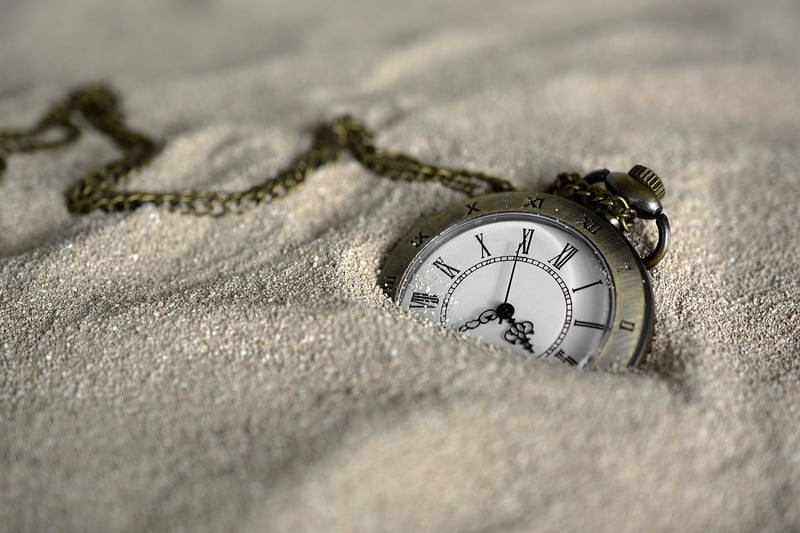Temporal Paradoxes
Understanding the Consequences of Temporal Paradoxes
Time travel has long been a fascinating concept in science fiction, allowing for the exploration of alternate realities and the potential consequences of altering the past. One of the most intriguing aspects of time travel is the idea of temporal paradoxes, where the very fabric of time and space can be disrupted by seemingly insignificant actions. Let's delve into the consequences of temporal paradoxes and how they might affect the timeline.
Types of Temporal Paradoxes
There are several types of temporal paradoxes that are commonly explored in literature and movies:
- Grandfather Paradox: This paradox involves going back in time and preventing your own grandfather from meeting your grandmother, thus preventing your own birth.
- Bootstrap Paradox: In this paradox, an object or information is sent back in time in such a way that it becomes trapped in an infinite cause-and-effect loop with no clear origin.
- Predestination Paradox: Also known as a causal loop, this paradox involves a sequence of events in which the outcome is caused by the events themselves, creating a loop with no discernible beginning.
Consequences of Temporal Paradoxes
The consequences of temporal paradoxes can be mind-boggling and have far-reaching effects on the timeline:
- Reality Alteration: Changing a past event can lead to a ripple effect that alters the course of history in unexpected ways.
- Paradoxical Events: Time loops and contradictory events can occur, leading to logical inconsistencies that defy explanation.
- Timeline Destruction: In extreme cases, a paradox could result in the destruction of the entire timeline or universe, wiping out existence as we know it.
Dealing with Temporal Paradoxes
While the concept of temporal paradoxes may seem daunting, there are various theories and hypotheses proposed by physicists and writers to address these issues:
- Novikov Self-Consistency Principle: This principle suggests that any actions taken in the past must be self-consistent and cannot create a paradox.
- Parallel Universes: Some theories propose that time travel creates alternate timelines, avoiding paradoxes by allowing for multiple realities to coexist.
- Fixed Timeline Theory: In this theory, all events are predetermined, and any time travel that occurs is already part of the established timeline.
By understanding the implications of temporal paradoxes and exploring the various theories surrounding time travel, we can appreciate the complexity and mystery of manipulating time itself.

Time travel will continue to captivate our imaginations as we ponder the consequences of altering the past and shaping the future. Whether it's through thought experiments or fictional narratives, the exploration of temporal paradoxes offers a glimpse into the boundless possibilities of time and space.
